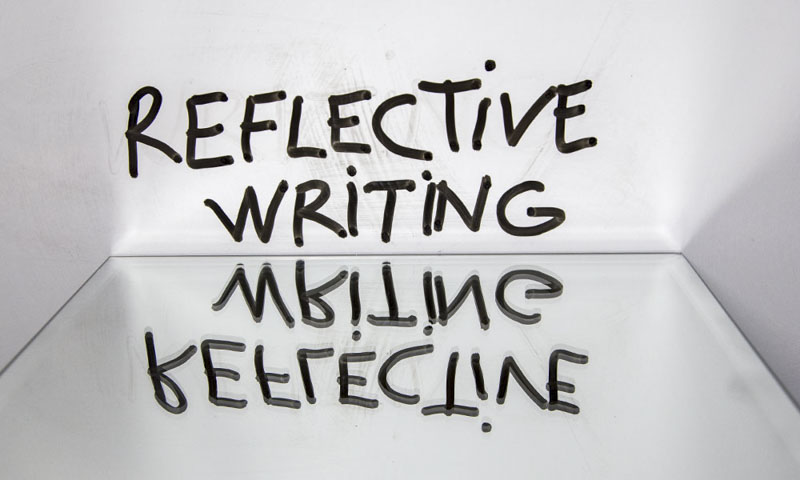A resource for improving critical thinking and written communication in Physics through open-ended experiments and abbreviated argumentative reports
These resources were originally devised by Kathleen Foote and Anna Yang from the Department of Physics of the Faculty of Science, University of Auckland, and were trialed with their students in a new-format studio course, PHYSICS 121, Advancing Physics, throughout 2017.
These resources might be useful to teachers of critical thinking, teachers of written communication, teachers of undergraduate physics/STEM courses,
The project was supported by the SEED Fund grants for 2017.
For similar projects, see: Introducing students to writing elegant computer code.

Project background
To set their students up for success, the Physics Department wants to produce graduates who can think critically, communicate effectively, work in teams, utilize creativity, and more. As Kathleen and Anna explained in their SEED grant application a year earlier, “Traditional lecture courses fail to transfer these skills to students automatically, so we decided to switch our introductory courses to a highly interactive studio format to explicitly incorporate soft-skill development. Effective communication is critical, and we hope the SEED grant will allow us to modify the lab report format to improve students’ scientific and argument-based writing.”
In these new-format studio classes (starting in February 2017), students worked in a reformed space that combined the laboratory, “lecture” and tutorial. The space, set up with round tables, and technology, and with no “front” of the classroom, discouraged the instructor from lecturing. Instead, students were able to work on activities, as the instructor roamed around, engaging teams in dialogue. This context well supported Kathleen and Anna’s teaching innovation: the development of new open-ended lab and writing activities.
Below is Kathleen and Anna’s reflection on their project.
Project reflection
This SEED project was used to develop more open-ended lab activities and a revised report format that targeted student’s scientific writing abilities. The grant was timely, just before Physics switched the format of their Stage One Advancing Physics courses into the Studio format, where up to 125 students attended integrated lab, lecture and tutorial simultaneously. When coming up with lab activities, we wanted to leverage the Lablet, which was an Android app developed within the department to use video analysis to collect and analyse data. We wanted experiments that used simple, inexpensive and easy to store equipment. We removed the cookbook instructions for completion and framed the experiments as “challenges” so students could build higher order critical thinking skills as they designed and executed unique methodologies. The report was changed to a less structured, “extended abstract” format where students had one page to describe their experiment and construct a scientific argument to support their claims. We developed a detailed rubric [Katie/Anna needs to provide example rubrics as images of word files] to make sure our expectations were clear and to promote consistent and efficient marking. Students did a peer evaluation of the draft of each other’s reports to get feedback before submitting the final. We also discussed the role of peer review in science as a whole.
What went well? What was unexpected?
Overall the project was a success. I was pleasantly surprised that students had no trouble completing experiments despite the lack of structured instructions. They struggled more writing the reports, especially since we only (initially) provided one sample, on an experiment they didn’t complete.
The peer review also took multiple iterations of refinement. Initially, we had them mark each other’s reports using the rubric and didn’t provide too much structure regarding the comments.
This wasn’t the most effective because students and instructors assigned marks differently and the amount of constructive criticism varied considerably. Ultimately, we had them grade their own report using the rubric and answer six questions that targeted common difficulties about their peer’s report. [Katie to provide a sample/s?]
How did the project contribute to your students’ learning?
We know the project contributed to student’s learning because the quality of reports rose and many students cited “writing lab reports” as one of the main skills they gained over the semester. [ethics? Katie to give some examples?] The reports were all unique, with an almost negligible level of plagiarism so students engaged with a more creative outlet within the physics course.
How did the project contribute to your learning?
As instructors, it was interesting to realise that students could efficiently complete an experiment but that didn’t mean they were thinking critically about what they were doing. This was most obvious in the first “falling coffee filter” lab and perhaps reveals how common it is for high school labs to be so structured that students complete them just by “going through the motions”. [A sentence of two more on this?] + Ask Anna/Katie whether manuscript of their article to Physics Teacher (the file “physicsteacherlab”) can be published here.
Do you plan to continue this initiative beyond the grant period?
We plan to make these labs a permanent part of the Physics 120 curriculum so this initiative will continue. While we hoped the length restriction and rubric would make marking quick, it still took about ~8 hours to mark 100 reports so we may need to think about ways to reduce this in the future.
Project resources
If you are an educator and would like to access instructor resources from this project, please contact Anna Yang (a.yang@auckland.ac.nz).
For an article written for Physics Teacher on this project:
Kathleen Foote and Silvia Martino, ‘Implementing Investigative Labs and Writing Intensive Reports in Large University Physics Courses’ see here.